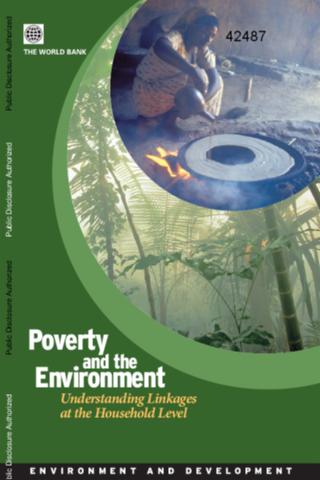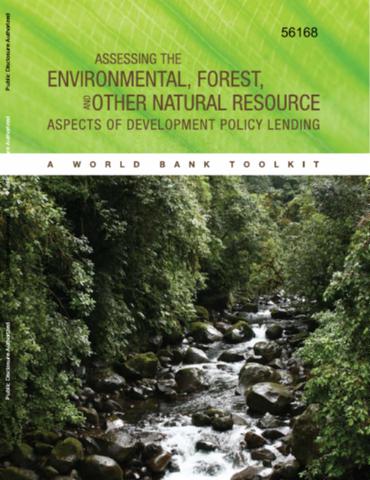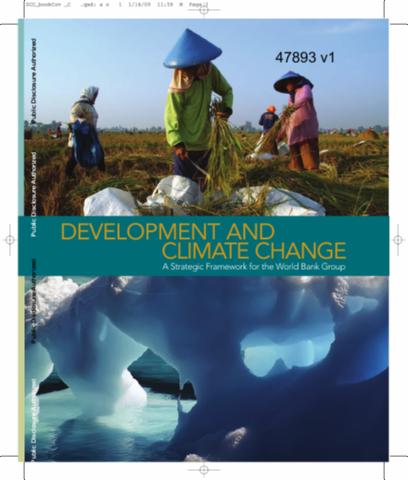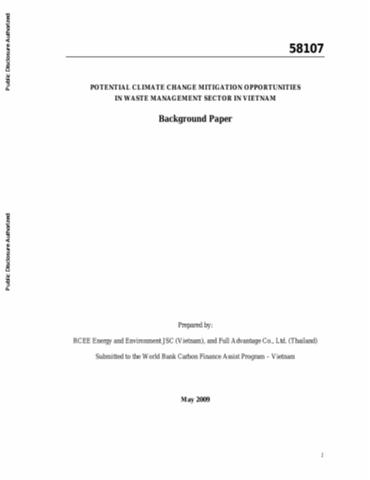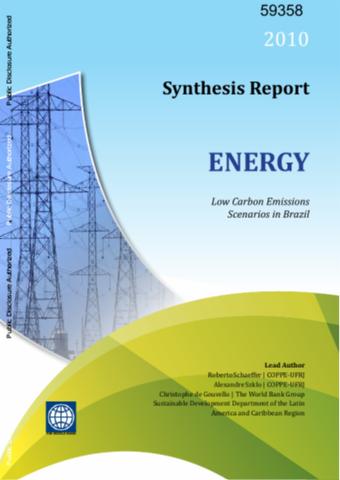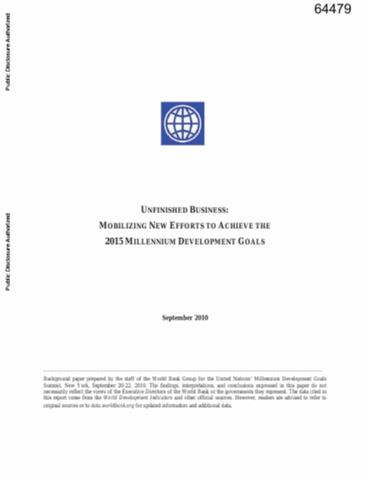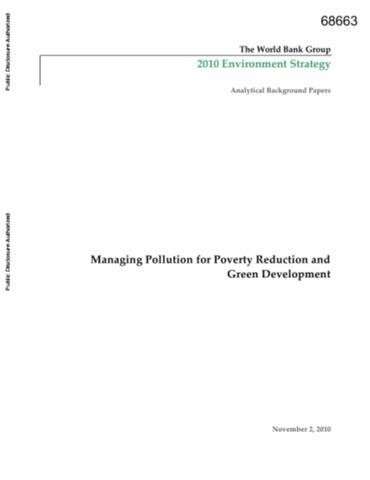Insurgência das Comunidades Tradicionais de Fundo de Pasto do Baixio do São Francisco
são 18 pequenas comunidades camponesas espalhadas pela caatinga, território remanescente de terras públicas devolutas, somando 144 mil hectares e uma Estimativa de 800 famílias. Essas comunidades situam à margem direita do Rio São Francisco e estão ameaçadas pelo projeto de Irrigação do Baixio de Irecê





